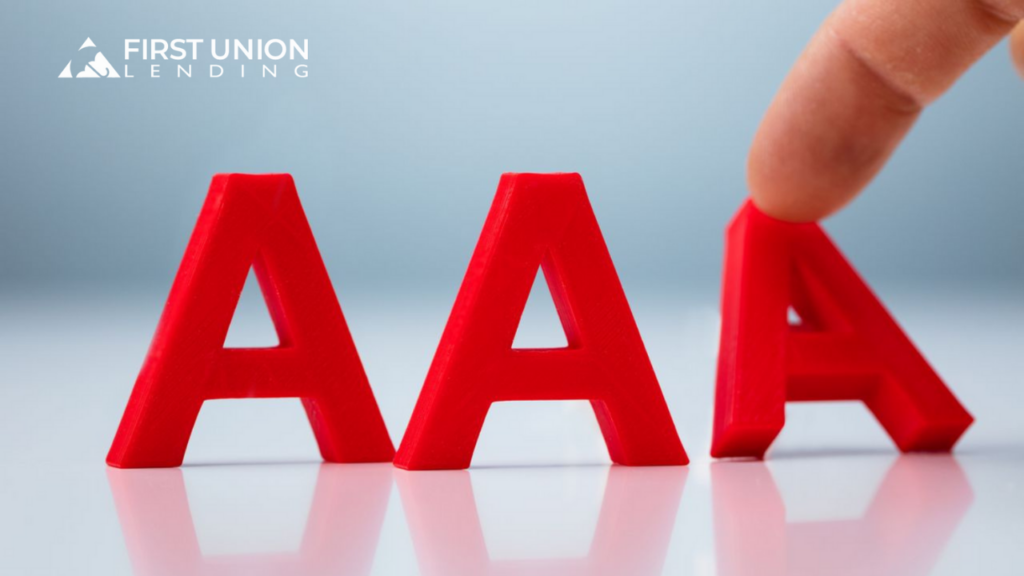
A Grim Forecast by a Fitch Ratings Analyst
Chris Wolfe, an analyst at Fitch Ratings, has issued a stark warning about the potential for significant disruption in the American banking sector. He revealed that several major U.S. banks, including household names like JPMorgan Chase, could face extensive credit downgrades.
In June, Fitch Ratings lowered its assessment of the overall health of the industry, a move that Wolfe indicates was overlooked mainly as it didn’t immediately result in any bank downgrades. However, should the industry’s score fall further from AA- to A+, Fitch would be obligated to review the ratings of the more than 70 U.S. banks it monitors, as Wolfe shared exclusively with CNBC from the firm’s New York office.
Wolfe warned, “A decrease to A+ would force a recalibration of all our financial measures and likely lead to negative rating actions.”
Unsettling Shifts in Credit Ratings
The recent actions of credit rating agencies, which bond investors heavily rely upon, have been causing noticeable tremors in the markets. Last week, Moody’s downgraded ten smaller and mid-sized banks and hinted at future cuts for another 17, including larger institutions like Truist and U.S. Bank. This comes after Fitch decides to lower the U.S. long-term credit rating due to political instability and rising debt levels. This move attracted criticism from business leaders, including JPMorgan CEO Jamie Dimon.
According to Wolfe, Fitch is eager to inform the market about the potential, albeit not guaranteed, risk of bank downgrades.
The Potential Impact of Additional Downgrades
Fitch’s action in June reduced the industry’s “operating environment” score from AA to AA- due to the country’s strained credit rating, regulatory shortcomings revealed by the regional bank failures in March, and ambiguity over interest rates.
A further downgrade to A+ could present serious problems, pushing the industry’s score below some of its top-rated lenders. In this hypothetical situation, JPMorgan and Bank of America, the nation’s two largest banks by assets, could see their ratings drop from AA- to A+. This is because a bank’s rating cannot exceed the rating of the environment in which it operates.
Wolfe elaborated that if major banks like JPMorgan experience a downgrade, Fitch would be forced to consider at least downgrading other banks’ ratings. Such a move might push some weaker lenders dangerously close to non-investment-grade status.
The Challenges of Navigating the Future
A case in point is BankUnited, based in Miami Lakes, Florida. Currently, its BBB rating is on the edge of the investment-grade boundary. If the bank, which already has a negative outlook, falls another notch, it could be dangerously close to a non-investment-grade rating.
Wolfe, however, declined to speculate about the potential timing of such a move or its impact on lower-rated firms.
The Potential Triggers for Downgrades
The primary factors that could force Fitch to downgrade the industry are the course of interest rates set by the Federal Reserve and an increase in the industry’s loan defaults beyond what Fitch deems as a historically normal level of losses. Wolfe noted that defaults tend to rise in a rate-hiking environment, and Fitch is concerned about the potential impact of office loan defaults on smaller banks.
The Fallout from Widespread Downgrades
Predicting the exact impact of such widespread downgrades is a tricky business. Banks facing downgrades might be compelled to offer higher returns to entice investors to buy their bonds, which could further erode profit margins. Some banks could be excluded entirely from debt markets in the most severe cases.
